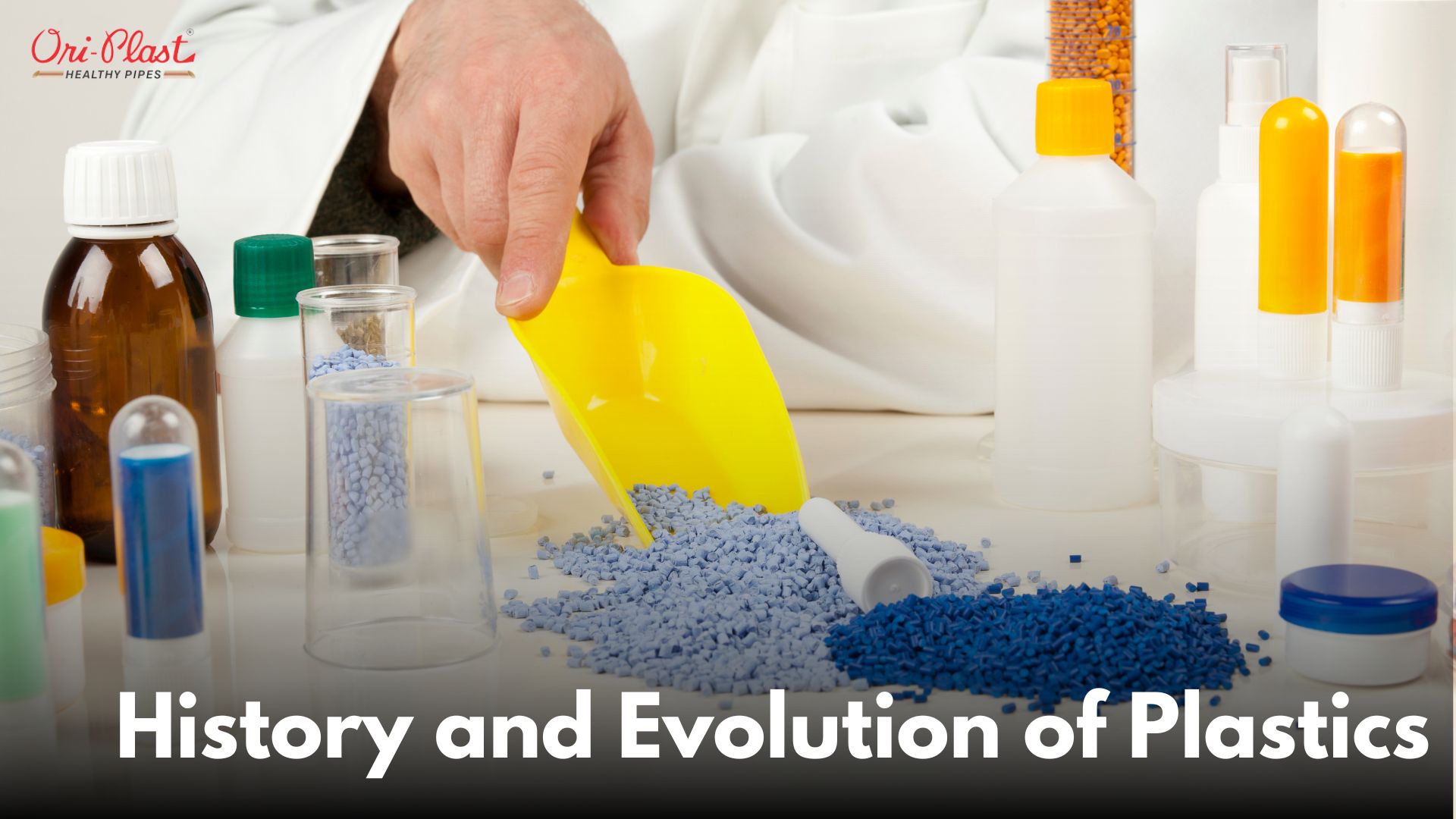Clean water is essential for a healthy and safe home environment. Often overlooked, the maintenance of water pipes plays a crucial role in ensuring the quality of the water you consume and use daily.
Over time, mineral deposits, sediment buildup, and even bacterial growth can accumulate within your pipes, leading to reduced water flow, unpleasant odors, and potential health risks.
In this guide, we will explore effective methods to clean water pipes at home, utilizing both conventional wisdom and unique insights to ensure your pipes remain in top-notch condition.
Why Clean Water Pipes Matters?
Water pipes are the arteries of your home's plumbing system, transporting water to various fixtures such as faucets, showers, and toilets. Over time, these pipes can become clogged and corroded, compromising water quality and flow.
Regularly cleaning your water pipes can maintain a clean, safe, and efficient plumbing system.
1. Identifying Signs of Dirty Water Pipes
Before diving into the cleaning process, it's essential to identify whether your water pipes are in need of cleaning. Look out for the following signs:
Reduced Water Pressure: If the water flow from your faucets has noticeably decreased, it could be a sign of mineral or sediment buildup.
Discolored Water: Brown or rusty water can indicate corrosion or sediment accumulation within the pipes.
Unpleasant Odor or Taste: Foul smells or tastes can result from bacterial growth within the pipes.
2. Gather Necessary Tools and Materials
Before beginning the cleaning process, gather the following tools and materials:
- Rubber gloves
- Safety goggles
- Pipe wrench
- Bucket
- Vinegar or lemon juice
- Baking soda
- Wire brush or pipe cleaning brush
- Clean cloth or rag
3. Flushing with Vinegar and Baking Soda
One effective and environmentally friendly method to clean water pipes involves using a mixture of vinegar and baking soda. Here's how to do it:
- Turn off the water supply: Locate the main water valve and shut it off to prevent water flow during the cleaning process.
- Drain the pipes: Open all faucets to drain any remaining water from the pipes.
- Create the cleaning solution: Mix equal parts of vinegar and water in a bucket. Add a few tablespoons of baking soda to create a foaming reaction that helps dislodge deposits.
- Apply the solution: Pour the vinegar and baking soda mixture into the pipes and let it sit for several hours, or overnight for best results.
- Flush the pipes: After the solution has had time to work, turn on the water supply and flush the pipes thoroughly by opening all faucets. This will help rinse away the loosened deposits.
4. Mechanical Cleaning with a Wire Brush
For more stubborn buildup, mechanical cleaning with a wire brush or pipe cleaning brush can be effective:
- Remove accessible pipes: Using a pipe wrench, carefully disconnect accessible sections of pipes.
- Scrub the pipes: Use a wire brush or pipe cleaning brush to scrub the interior surfaces of the pipes, removing mineral deposits and buildup.
- Reassemble the pipes: Once cleaned, reattach the pipes using the pipe wrench.
5. Prevention for Future Maintenance
To minimize the need for frequent pipe cleaning, consider implementing these preventative measures:
- Use a water softener: If you live in an area with hard water, installing a water softener can help prevent mineral buildup.
- Regularly clean faucets and fixtures: Clean faucet aerators and showerheads to prevent mineral buildup from transferring to the pipes.
- Avoid pouring grease and chemicals down the drain: Grease, oils, and harsh chemicals can contribute to pipe blockages and corrosion.
Conclusion
Regularly cleaning your water pipes is a proactive step towards maintaining a clean and efficient plumbing system in your home.
By identifying signs of dirty pipes, gathering the necessary tools, and utilizing methods like vinegar and baking soda or mechanical cleaning, you can ensure your pipes remain free of mineral deposits, sediment buildup, and bacterial growth.
Remember that prevention is key, so adopting habits to minimize impurities and regularly maintaining your plumbing system can go a long way in promoting the health and hygiene of your household water supply.




